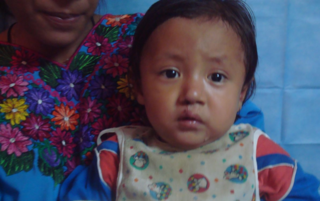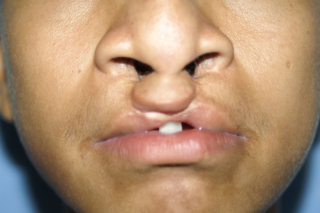On Day 3 we began the first day of surgery. We woke up at 5AM, ate breakfast, and boarded the bus to the hospital. We arrived at 6:30AM and surgery began soon after. I was impressed by the level of teamwork and cooperation that I saw between our doctors, nurses, and non-medical team members. If I didn't know better, I might have guessed that this group of people had been working together for several years. It is rare to see a group that functions as such a cohesive unit. We are running three operating rooms. This means that one surgical team consisting of a plastic surgeon, OR nurse, and anesthesiologist works in each of the three rooms. Meanwhile, the two pediatricians check and double check the condition of all of our patients. The PACU nurses monitor the children as they come out of anesthesia. Once the children wake up, we let their parents see them, and they go back to the ward where they continue to be under the watchful eye of our pediatricians.
Let me tell you about a couple of children who were operated on today.
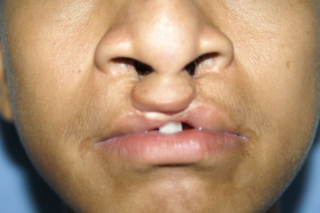
Jairo Tiul is a 6-year-old boy who came here from Sayaxche Peten, Guatemala. Jairo came with a critical cleft lip problem that has affected the growth of his teeth and his ability to chew and eat. He lives with his father, mother, two brothers and a sister. It was difficult to communicate with his father because he is Mayan and speaks Quiche and very little Spanish, but we had a very experienced interpreter who was able to communicate on a basic level.
It took the pair over 18 hours to travel by foot and bus to the hospital. They were there at 7AM on Monday waiting to find out if Jairo would be one of the lucky ones to be chosen for surgery. He was selected for surgery, and after his operation his father said, "I feel blessed by God that my son can now live a life without being tormented. I thank God that all went well with getting here and the surgery, and I thank God for sending you all to us. I have nothing to pay you with, only what I can cut with my machete. My son is full of happiness, he will no longer be teased by other kids." He also wished us a safe return, and thanked us for the food that he and his son have been provided since Jairo was selected for surgery. They do not get this kind of food at home.
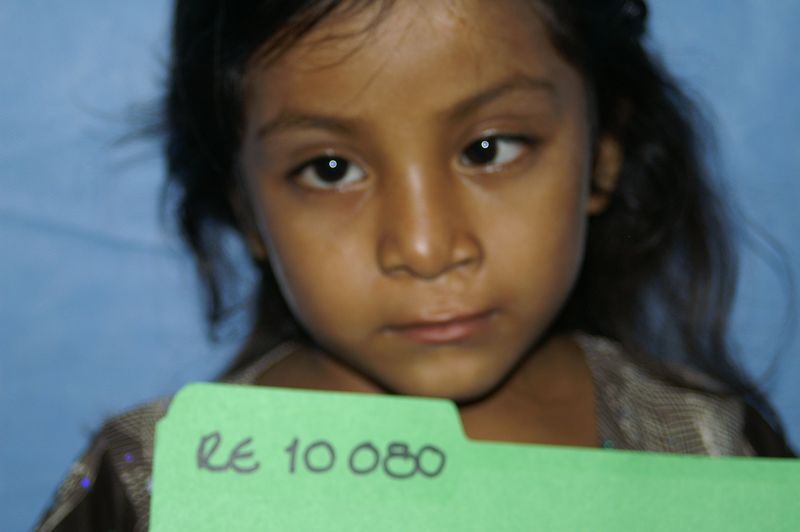
This is a little girl, 6 years old, who came here with a previously repaired cleft lip (she was operated on by Rotaplast once before about 2 years ago) and Cleft Palate. She and her mother traveled for over 15 hours, walking and on a bus, to reach the hospital. They saw news of the Rotaplast mission in the local newspaper. The article said "Fix their little mouths FREE, help your child today and go to Retalhuleu on May 17". They arrived here at the hospital on Sunday afternoon and waited two days until she was evaluated on Tuesday afternoon. When we spoke with her mom after the surgery, she said, "First, I thank God, then I thank all of you for all you do for us. I pray to God that you all remain strong and healthy so you can continue to come and help the children of Guatemala. I pray to God that he protects you and gets you home safely."
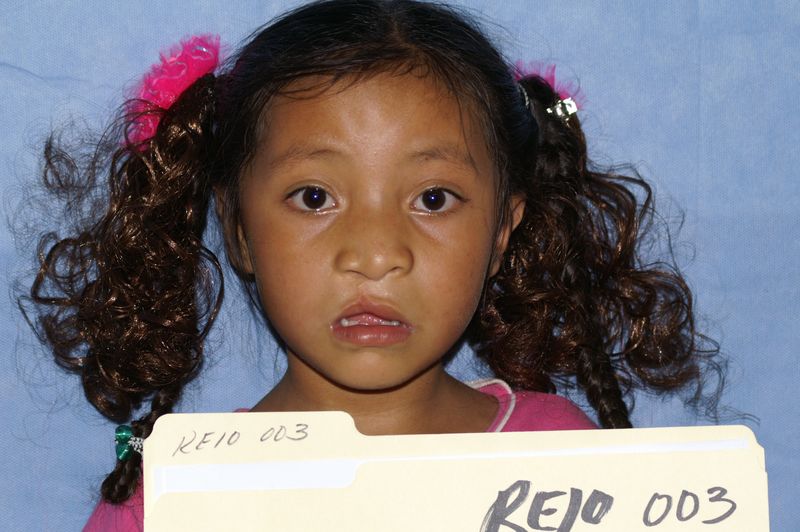
This little girl is 4 years old and had a cleft palate repair. She has also previously undergone surgery to repair a cleft lip. She is one of eight children, six boys, and two girls. She and her mother traveled 8 hours to be here, and also arrived on Sunday. The family spent everything they had to get here. When we asked her how she and her daughter would get home she said, "I will leave it to God to help us get back home safely. This operation gives us courage to move forward. She ended our conversion by saying, "I pray to God for his guidance to get you all home safely too."
Marisol is four years old and is the only of her 4 siblings to be born with a cleft lip. She and her mother walked for 4 hours to get to the Retalhuleu Hospital. Little Marisol was so tired and cranky by the time she arrived, a smile was more than she could manage as she looked at our strange and unfamiliar faces.
I asked the interpreter to ask the mother how this will change the child and family's life. She returned only a strange look. She really did not understand the question or the meaning of the question. One of our interpreters, who knows the Mayan people well, told me that the question is not understood, because these people do not think about the future. They live from day-to-day. They grow corn using ancient tools. The mother starts each day by boiling the corn, then making the tortillas that the family will eat that day. Each day is the same as the day before it and the day after it. The only answer to the question is simply that the little girl will no longer be teased and seen as a lesser person. They can now go forward with their lives.
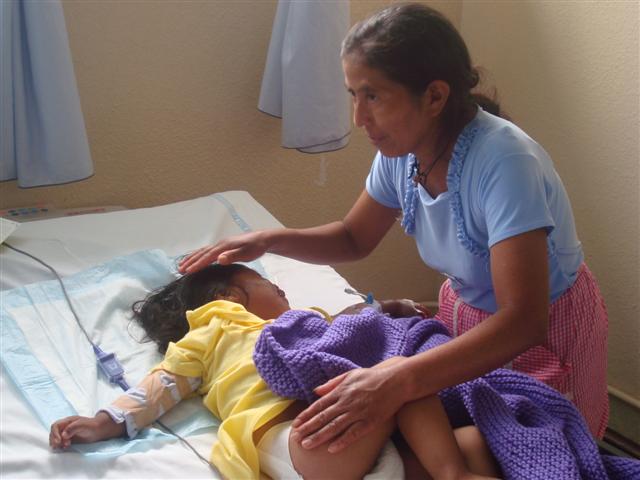
We completed 16 surgeries on our first day. The procedures included cleft lip and palate repairs ranging the spectrum of severity.
I had a chance to talk with some of the docs on the trip. Many of them have been doing volunteer work like this for several years. One has participated in missions like this since 1982, which is 28 years. I asked them what drives them to give their time. Some say it is because it needs to be done, some say it makes them feel good. The comment I found especially interesting was, "I do it for the kids and the mothers. Mostly for the mothers."
"Why the mothers?" I ask.
He answered, "Have you seen their eyes when you take their children to them after surgery?"
I want you to see the following before and after photos so you can appreciate the miracles these surgical teams performed:
Patient #1 Before Surgery
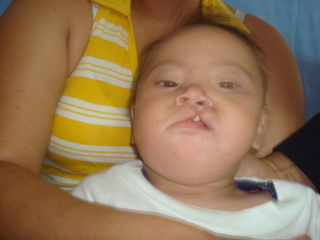
Patient #1 After surgery
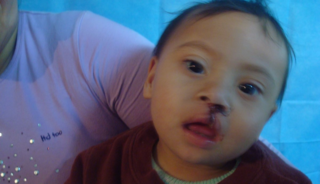
Patient #2 before Surgery
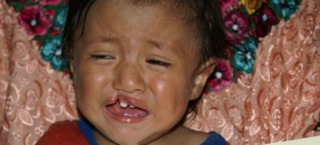
Patient #2 After Surgery
